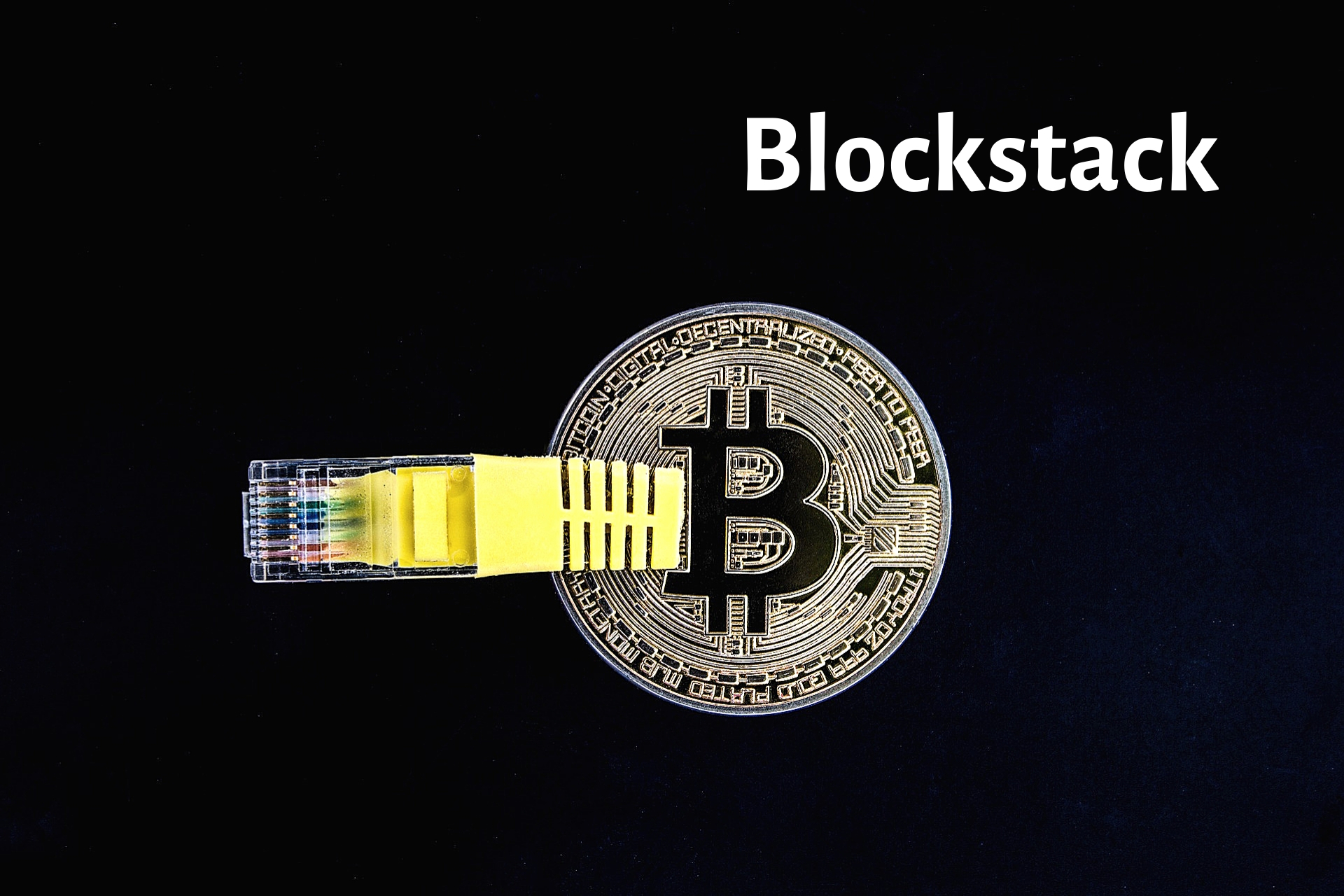Stacks Network to Leverage BTC’s Proof of Work and Burn Bitcoins

According to a recent report, Blockstack has announced that it is presently building a new distributed ledger protocol called Stacks.
Bitcoin Core Proof of Work (PoW) and Proof of Burn (PoB)
According to a statement issued by Jude Nelson, the lead developer at Stacks and Blockstack, formerly called
Furthermore, Nelson said that the PoB consensus mechanism is expected to advance itself beyond the established hash power stemming from the BTC chain.
Although, after some time, the Stacks chain will slowly separate itself from BTC’s hash power, the initial use of it will assist in avoiding 51% attacks that have occurred in the last few months, compared to networks with a very low volume of PoW.
However, Nelson revealed that the company had experienced some difficulties in terms of the Proof of Stake consensus models.
Better to Build on Top Bitcoin’s Chain Than to Mimic
Moreover, Nelson is of the belief that it is better to build on top of the security of BTC than to mimic its a success, he said that:
“Instead of expending electrical and hardware costs, participants in proof-of-burn consensus do just that — They provably destroy(or “burn”) their own bitcoin as the economic cost for their participation,” “Every participant competing for the opportunity to write the next block must burn a certain amount of proof-of-work token (bitcoin) to enter the competition.”
He continued by saying that:
“A participant’s likelihood of winning the competition increases with the percentage of bitcoin they burn compared to other participants — The competition’s winner writes the block, collects transaction fees, and earns the block reward of Stacks tokens.”
According to the blockchain developer, the Stacks blockchain possesses it’s own memory-hard PoW process of which it has only 5% and the remaining 95% emanates from the BTC’s hash power.
